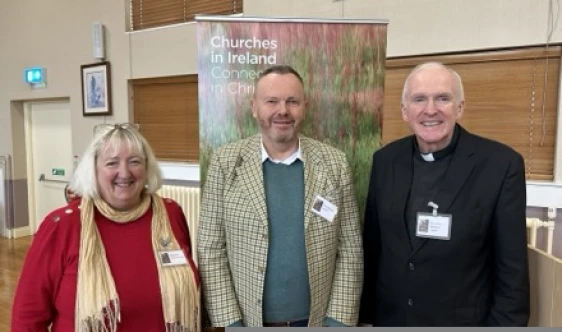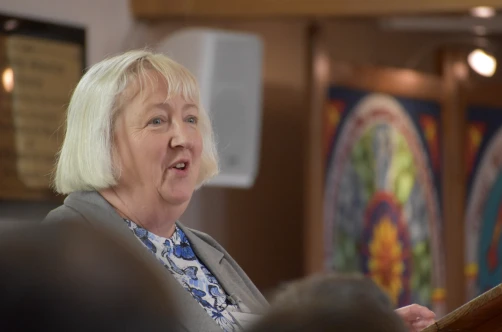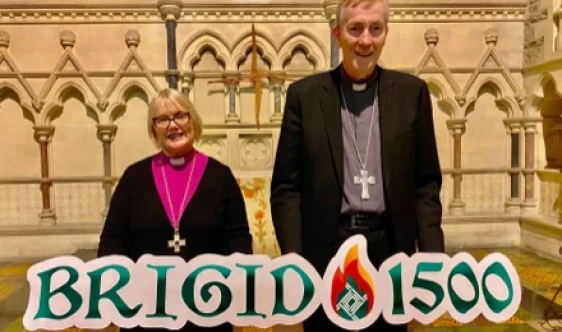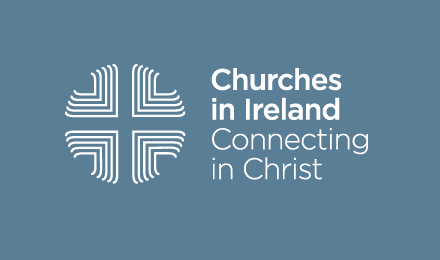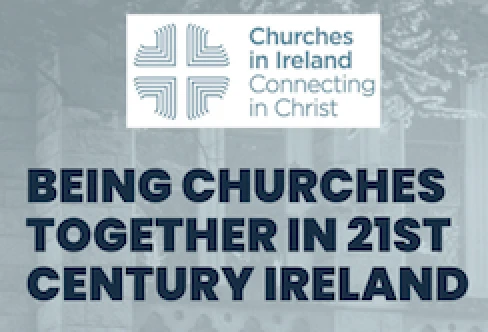
In the third of a series of blog articles, Dr Fergus O’Ferrall makes the case for a new and fundamental ecumenical reformation in, and by, our Churches focused on concepts such as reconciliation, forgiveness, justice, peace and human flourishing as we seek to break the bondage to the past and to create hope for a shared and flourishing future.
How do we experience true human flourishing in a post conflict society?
What is happiness, blessedness, shalom, and how does one obtain it and sustain it? The Sermon on the Mount’s answer to such questions is that true human flourishing in only available through communion with the Father, through his revealed Son, Jesus, as we are empowered by the Holy Spirit: this flourishing is only experienced through faithful, heart–deep, whole–person discipleship, following Jesus’s teachings and life, which shape how we think and behave now as disciples in God’s community or Kingdom. The Christian hope that flourishing will be fully experienced when God finally establishes His reign upon the earth does not devalue the true flourishing disciples experience now even as they experience suffering– disciples still flourish through wholeness in Christ:
“Flourishing are the poor in spirit because the kingdom of heaven is theirs.
Flourishing are the mourners because they will be comforted.
Flourishing are the humble because they will inherit the world.
Flourishing are the ones hungering and thirsting for righteousness because they will be satisfied.
Flourishing are the merciful because they will be given mercy.
Flourishing are the pure in heart because they will see God.
Flourishing are the peacemakers because they will be called the children of God.
Flourishing are the ones persecuted on account of righteousness because the kingdom of heaven is theirs.
Flourishing are you whenever people revile and slander and speak all kinds of evil things against you on account of me….” [Matthew 5: 3–11; Pennington’s translation.].
The challenge to our Churches is to develop a new fundamental ecumenical reformation with a specific focus on Christian reconciliation so that we may all experience true human flourishing: this requires a new emphasis on the practice of Christian discipleship for the transformation of the world; only thus can true and credible reconciliation bring with it a shared future centred upon human flourishing. This would be a costly sacrificial pathway which would dismantle much of what is sought to be maintained by our institutional churches. The bitter battles over clericalism, misogyny, and human sexuality which have divided so many of our institutional Churches is symptomatic of Churches which have lost focus on their ministry of reconciliation and how Christian doctrine ought to promote human flourishing. Our Churches need to set God’s people free to be transformative agents of reconciliation and to equip them for whole–life discipleship.
In furthering our reflections on the challenges of reconciliation the work of Miroslav Volk, the Croatian Protestant theologian, is seminal particularly in contexts, like ours, of persisting enmity between communities. His books, Exclusion and Embrace A Theological Exploration of Identity, Otherness, and Reconciliation (1996) and The End of Memory Remembering Rightly in a Violent World (2006) are essential for our reflections on transformative discipleship. ‘Embrace’ is characterised by acting with generosity toward perpetrators of evil acts and by maintaining porous boundaries and flexible identities as a mode of grace. Such ‘embrace’ is not opposed to ‘justice’ which is included as a dimension of grace extended toward wrongdoers. Maintaining ‘porous boundaries’ does not mean not knowing and maintaining one’s own boundaries: knowing who we are in Christ is key to this and to our ability to pass judgement on evil actions or deeds. However, the concept of ‘porous boundaries’ is vital as it allows us to make journeys with the ‘other’ in reconciliation and mutual enrichment even as we have the confidence of who we are in Christ and recognise the image of God in the ‘other’.
Volk’s theology stresses God’s unconditional love, justification of the ungodly, love of enemy, forgiveness: these are what distinctively we, as Christians bring to the ‘public square’ and practice as a way of life. We ought to remember that, as the political philosopher, Hannah Arendt points out: “The discoverer of the role of forgiveness in the realm of human affairs was Jesus of Nazareth.” Forgiveness is first and foremost of benefit to those who offer it – if you find it hard to forgive, as many of us do, you probably spend a lot of time ruminating about what happened: thinking negative thoughts over and over draws us down a tunnel of negativity, worsens depression and increases anger and fear thereby reducing empathy. Forgiveness at a personal level helps to liberate us from the debilitating power of victimhood. It enables victims to become survivors who have taken on their own power to shape their futures instead of ceding this to the ‘wrong–doers’. Forgiveness may be offered but reconciliation depends upon the wrong–doer admitting their wrong deed and seizing the offer of a new relationship. Often, of course, there is glib talk about forgiveness and what it involves: forgiveness is a condition in which the sin of the past is not altered, often many of the consequences of the wrong done are not, and cannot be changed. Rather in forgiveness a fresh act is added to those of the past, which has the potential to restore the broken relationship and opens the way for the one who forgives and the one who is forgiven to meet and communicate deeply with each other in the present and the future: Forgiveness heals the past, though the scars remain and many of the consequences of the sin go on, but they are taken into a fresh act of ongoing renewal and there is made possible a healing process.
The ‘forgiving spirit’ which Christians may embrace has been well described by Rev. David Clements, a Methodist minister whose father was murdered by terrorists in 1985:
“A forgiving spirit rejects the right to retaliate. It will not consider returning evil for evil. A forgiving spirit takes the deliberate decision not to harbour hostility. The evils of the past are not forgotten, but they are not allowed to dominate the present. A forgiving spirit takes the deliberate decision to return good for evil. A forgiving spirit wants the best for those who have injured us. For the unbeliever this may be absurd but for the Christian it is profound. It opens up the possibility of not just forgiveness but reconciliation. A forgiving spirit grows out of the knowledge of being forgiven by God in Christ. (Ephesians 4:32).”
These posts are based on an address delivered to the Omagh Churches’ Forum on 19th September 2018.
